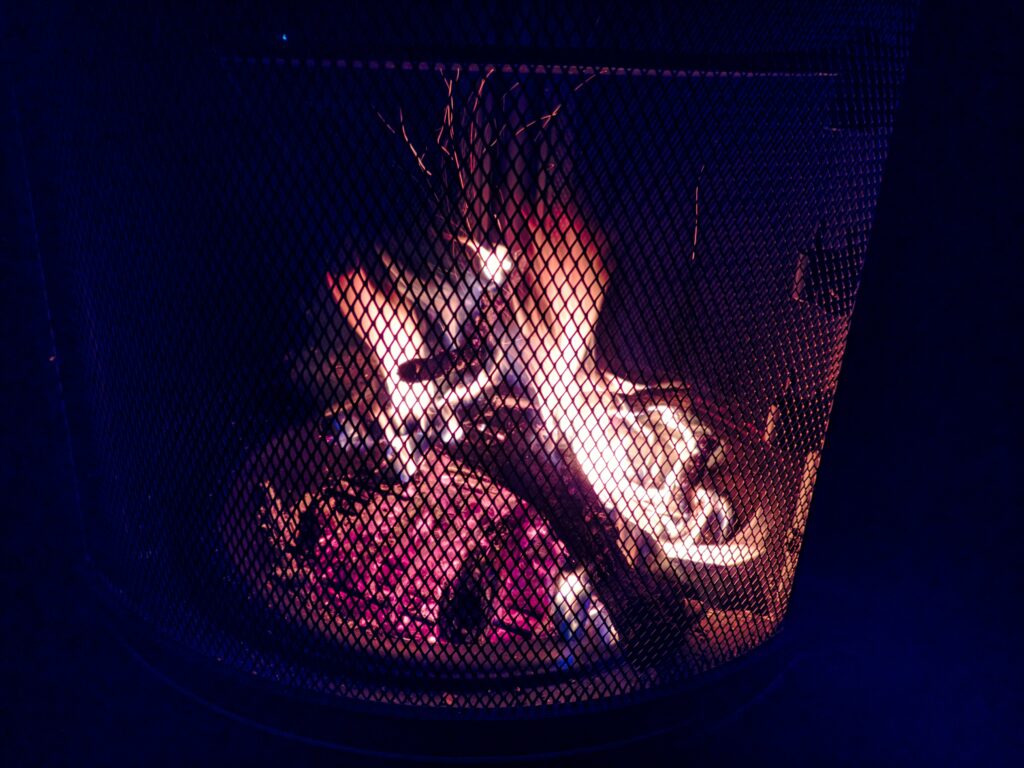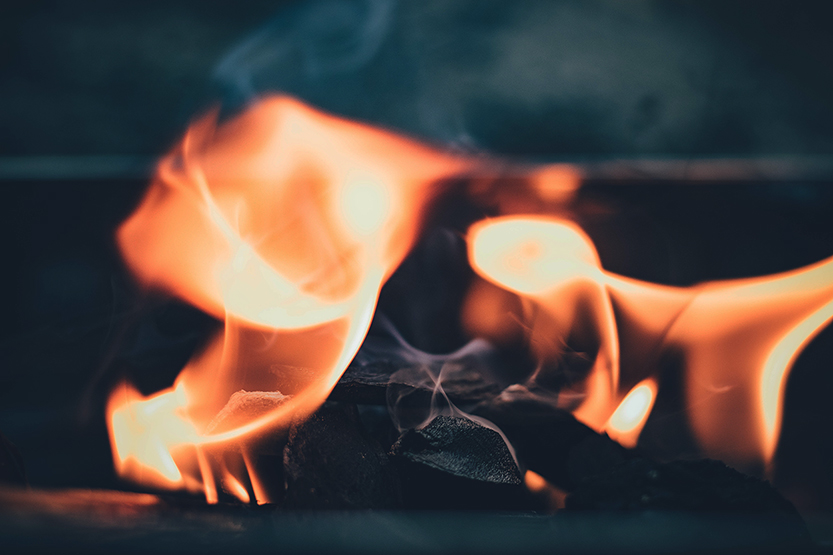
WILL SMOKELESS COAL BE BANNED
Smokeless coal, also known as “clean coal,” is a type of coal that produces less smoke and pollution when burned. Despite its name, however, smokeless coal is not completely free of emissions, and there have been calls for it to be banned in certain countries.
One of the main reasons for the push to ban smokeless coal is its impact on air quality. While it may produce less smoke than traditional coal, it still releases pollutants into the air, including particulate matter, nitrogen oxides, and sulfur dioxide. These pollutants can have a significant impact on public health, particularly for those living in areas where smokeless coal is heavily used.
Another issue with smokeless coal is its impact on the environment. The mining and transportation of coal can have a detrimental effect on ecosystems, and the burning of smokeless coal still contributes to climate change. Additionally, the process of producing smokeless coal, such as washing and chemical treatment, can also have negative environmental consequences.
In response to these concerns, some countries have already banned the use of smokeless coal. For example, in the United Kingdom, the use of certain types of smokeless coal has been banned in certain areas since 2018, with the goal of improving air quality. Similarly, in Ireland, the use of smokeless coal has been banned in urban areas since 2013.
Despite these bans, however, smokeless coal is still widely used in many countries. In some cases, this is due to a lack of viable alternatives. For example, in developing countries where access to electricity is limited, smokeless coal may be seen as a necessary source of power. Additionally, in some countries, the coal industry is a major source of employment and economic activity, making a ban on smokeless coal politically unpopular.

The future of smokeless coal is uncertain, as it is dependent on various factors such as economic, social, and technological advancements. Some experts argue that with the development of renewable energy sources and the increasing focus on reducing carbon emissions, the use of smokeless coal will decline in the coming years. Others, however, believe that the demand for coal will continue to be high, particularly in developing countries where it is seen as a cheap and reliable source of energy.
In conclusion
Smokeless coal is not a completely clean and safe alternative to traditional coal. It still releases pollutants into the air and contributes to climate change. Some countries have banned the use of smokeless coal in an effort to improve air quality and protect the environment. However, the future of smokeless coal is uncertain and will likely depend on a variety of factors, including advances in renewable energy and government policies. It is important for policymakers to consider the potential impact of smokeless coal on public health and the environment when making decisions about its use.
